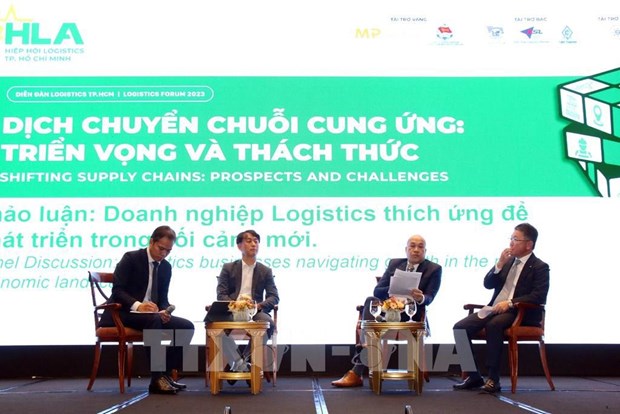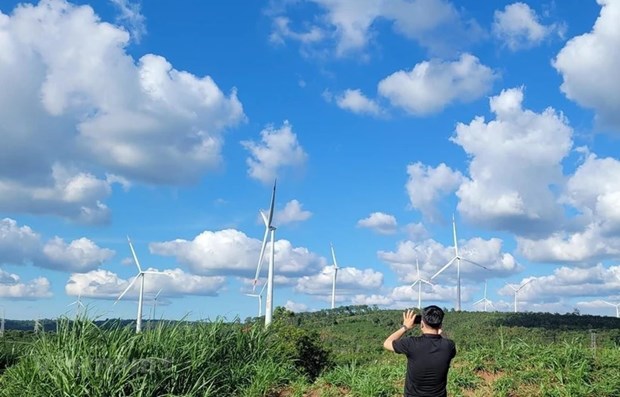
According to experts, there is a need to promote participation in the global production network and value chain by enhancing connectivity within industries, domestic regions, and across different areas.
Read more...
China is one of Vietnam's two main seafood export markets. More than 800 Vietnamese seafood processing enterprises have been recognized by the General Department of Customs of China for export conditions to this market.
Read more...Vietnam is seeing great opportunities to turn the semiconductor industry into a critical national one in the next 30-50 years.
Read more...
To avoid dependence on imported raw materials and breeds, seafood businesses and localities need to take advantage of the marine farming area with hundreds of thousands of hectares.
Read more...
The enforcement of the CPTPP over the past five years has expanded markets, attracted investment, and provided a competitive advantage for export goods. However, it has also increased the risk of Vietnamese businesses being investigated for the application of trade defense measures.
Read more...
Mr. Phan Duc Hieu, a National Assembly deputy from Thai Binh Province and a permanent member of the National Assembly's Economic Committee, believes the current challenges differ significantly from the past. It is crucial to unlock the existing resources and reform institutions while addressing numerous issues in economic management.
Read more...
The imperative for enterprises, including those in the textile and garment sector, to proactively embrace the green transition wave for enhanced global supply chain positioning was highlighted at a seminar in HCM City on Friday.
Read more...
The challenge of Vietnamese businesses when accessing Indonesia's Halal market is largely that businesses do not understand the Muslim country's consumer culture.
Read more...
The development of logistics infrastructure, improvement of loading and storage capacity, and formation of a regional – level logistics service centre will help Vietnam better embrace the upcoming global supply chain shifts, experts said at a logistics forum held by the Ho Chi Minh City Logistics Association (HLA) in the city on November 29.
Read more...
Low-carbon economic development towards a circular economy is becoming an inevitable tendency in the framework of the green transition with the creation and development of carbon markets seen as an increasingly crucial tool.
Read more...| The site is done with the technical support of the project BWTO |